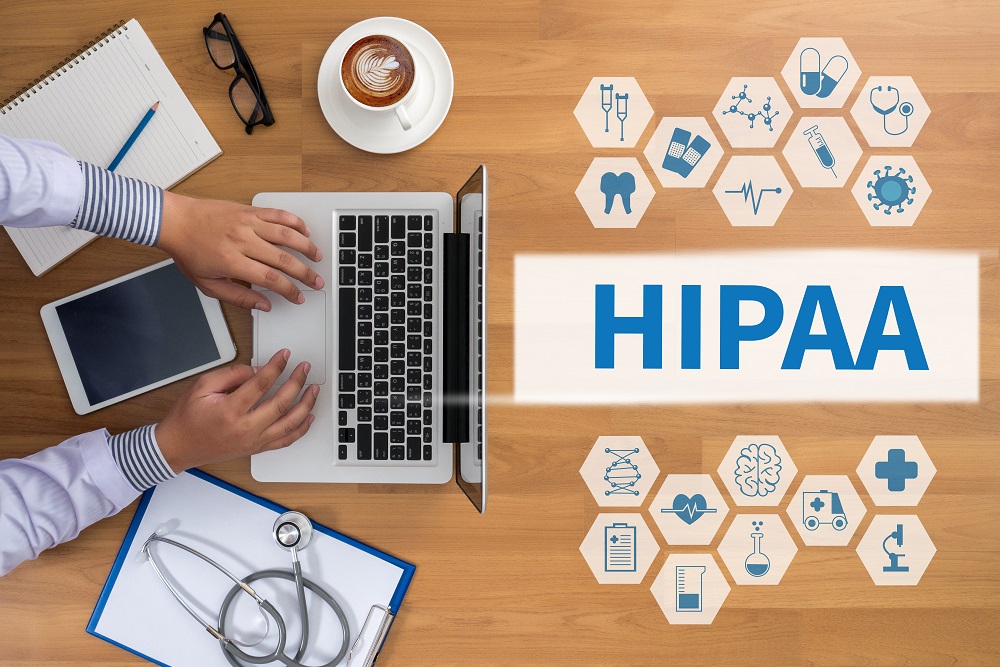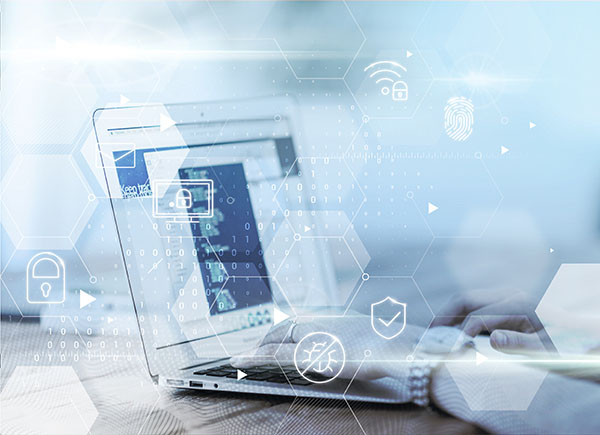
In the world of HIPAA and the healthcare industry, one of the most challenging things to do can be the simple act of leaving a follow-up voicemail. Healthcare can be so tricky that even healthcare providers sometimes struggle with the rules of leaving a HIPAA compliant voicemail. Phone calls, after all, are ways of spreading information and not just about appointment reminders. And if you spread the wrong information, you can find yourself in violation of one of the most sacred guarantees of privacy in all of healthcare.
So what should you do? Let’s dig into the world of leaving HIPAA voicemails on phone calls and find out the best practices for ensuring you don’t run afoul of the law.

You may hear the phrase “protected health information” a lot as you seek out the best ways to handle HIPAA compliance. So the first thing we have to do is define exactly what it means.
Also known as PHI, protected health information tends to fit the following definitions:
• Information containing identifiable data that might connect the health status of an individual to their name
Next, we have to ask what HIPAA compliance means. HIPAA refers to the Health Insurance Portability and Accountability Act. This is legislation that regulates the way healthcare professionals and healthcare organizations communicate and disseminate information. With this federal law, privacy is guaranteed to anyone who wants to keep it. That applies whether you’re using VoIP, text messages, fax, or simply using the phone system of your medical practice.
In the bullet points above, we explored what not to say. You’re not supposed to give out any identifying information that links a patient with their medical history. But what does it specifically mean when we talk about HIPAA compliance via voicemail?

Simply put, yes! Slybroadcast is a HIPPA Compliant Ringless Voicemail Service giving you the security and safeguards you need when dealing with patients. If you are looking for more information around HIPAA voicemails, you can visit this link.

When leaving a voicemail message on voicemail systems, healthcare professionals typically stick to the basics: who’s calling, and how to call them back. The reason they do this is to avoid the potential for anyone else intercepting the information and to maintain patient privacy. It would then make that healthcare professional liable for the HIPAA violation.
What can be said on a HIPAA-compliant voicemail message? All sensitive information/medical information should be left out. Instead, the person receiving the message should get a call-back number so that any identifying medical information can be given to them directly upon call-back. The same applies to other forms of communication—such as SMS—which can easily be used by someone who is not the intended recipient.
Smart phones have introduced some complications into the world of voicemail systems. But the more you read up on HIPAA regulations, HIPAA privacy rules, and what not to say, the more you’ll find that it’s easy to know how to manage medical information. It should be kept 100% private, leaving nothing to chance. Knowing that the forms of communication you use can impact the way you reveal confidential medical information is integral to understanding the best way to go about it.
Do you have questions or require a business associate agreement (BAA)? Email us at support@slybroadcast.com.